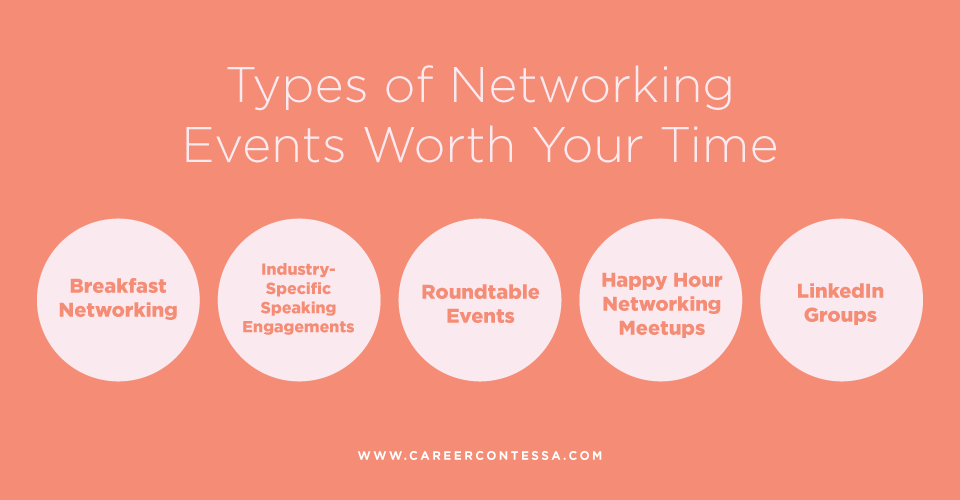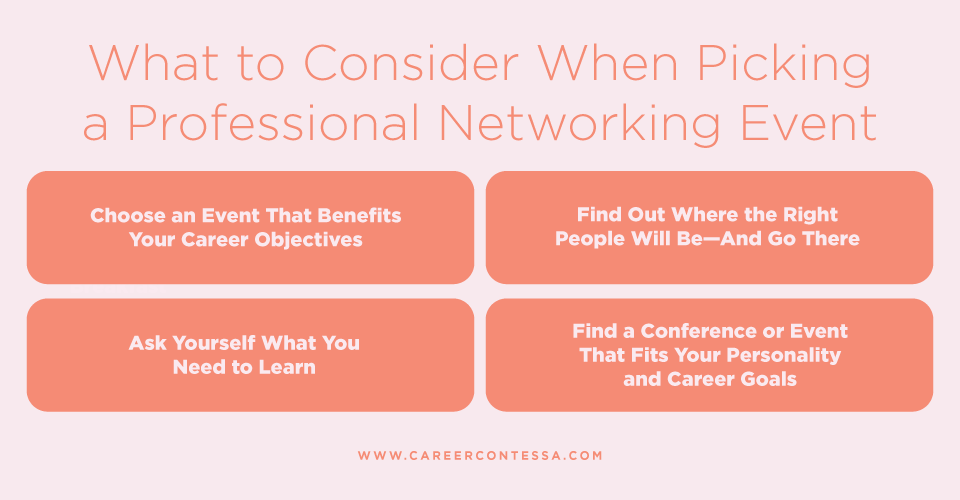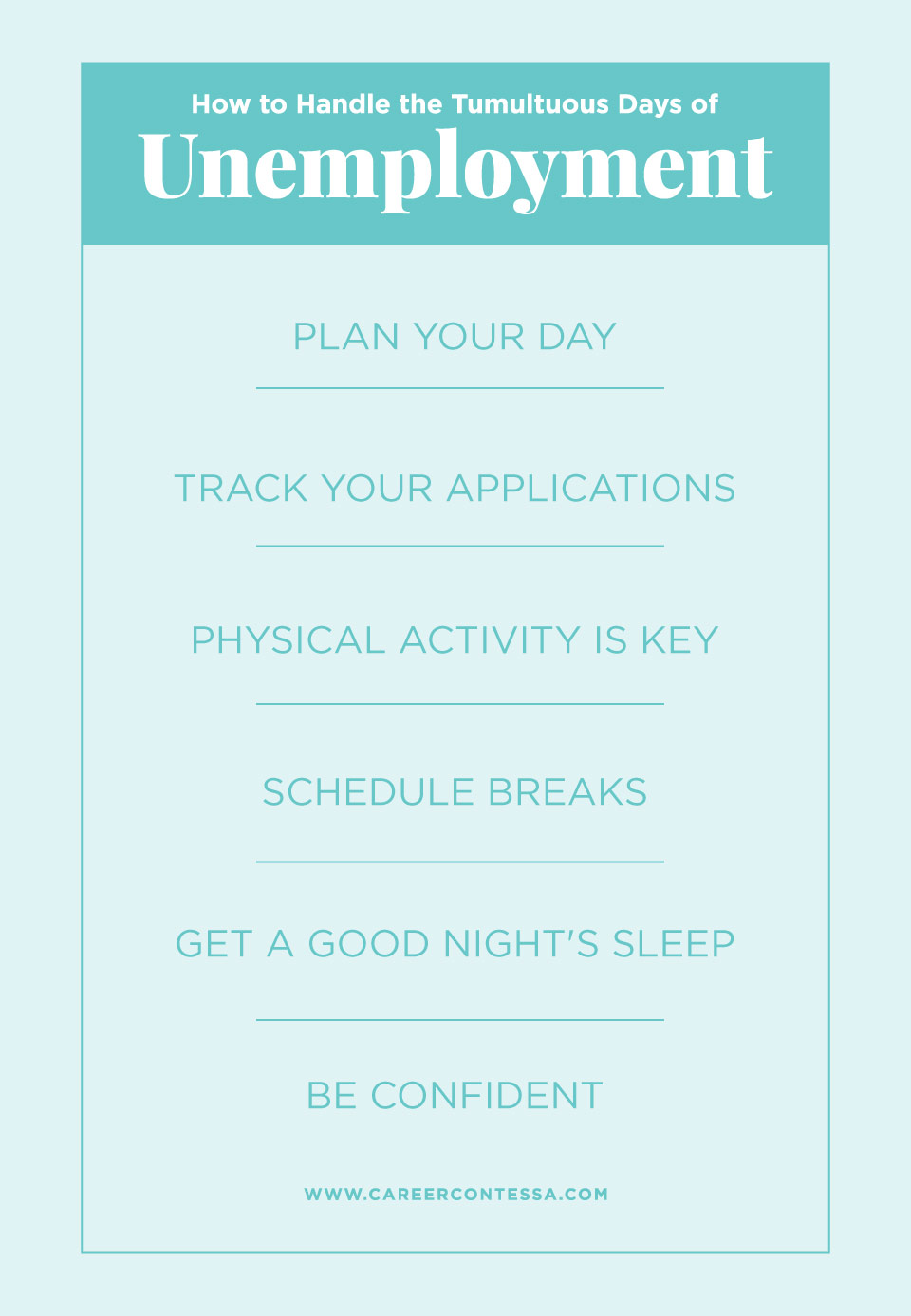#BestofFSCBlog : #RemoteJobs – 17 Companies Hiring for Work From Home Jobs Now. These Cool Companies Offering Remote Jobs.
Whether you’ve got an Airbnb overseas for the summer or you love working from the comfort of your couch, now’s your chance to start a job that will let you work from anywhere. These 17 companies — from Apple to Zapier — won’t constrict you to the 9-to-5 cubicle life, but will instead allow you to produce wherever you want. Plus, they have team activities, conferences, meetings and all the latest technology so you’ll feel connected to your colleagues and your boss.
Break out of the conference room to work anywhere at any of these cool companies offering remote jobs.
Forward
Remote Jobs: Care Coordinator, Nurse Practitioner
What Employees Say: “Forward is on course to truly change health care for the better, quickly. I work with many of the smartest, most motivated, most effective people I’ve come across, and I’m learning an incredible amount and cherishing the experience.” —Current Employee
ReSource Pro
Remote Jobs: Client Executive, Sales Executive
What Employees Say: “Extremely involved executives/upper-management. Don’t be surprised if you have a lot of 1:1 time with the CEO, COO and various VPs.” —Current Employee
Zapier
Remote Jobs: Customer Champion, VP of Engineering, Product Engineer
What Employees Say: “By being able to hire from around the world, it means that everyone on the team is excellent at their job. With the focus on remote-first work, we’re able to mitigate many of the potential risks.” —Current Employee
MoveOn.org
Remote Jobs: Full Stack Software Engineer, Real Voter Voices Full Stack Software Engineer, Finance Manager
What Employees Say: “A workplace culture that emphasizes self-care and fully respects work/life balance. Remote working is nailed down with technology needs.” —Former Employee
Like this Article ? Share It ! You now can easily enjoy/follow/share Today our Award Winning Articles/Blogs with Now Over 2.5 Million Growing Participates Worldwide in our various Social Media formats below:
FSC LinkedIn Network: www.linkedin.com/in/fscnetwork
Facebook: http://www.facebook.com/pages/First-Sun-Consulting-LLC-Outplacement-Services/213542315355343?sk=wall
Google+: https://plus.google.com/115673713231115398101/posts?hl=en
Twitter: Follow us @ firstsunllc
Question: Want the ‘the best/current articles/blogs on the web’ on Job Search, Resume, Advancing/Changing your Career, or simply Managing People?
Answer: Simply go to our FSC Career Blog below & type(#career, #leadership, #life) in Blog Search: https://www.firstsun.com/fsc-career-blog/
What Skill Sets do You have to be ‘Sharpened’ ?
Continue of article:
InVisionApp
Remote Jobs: Director of Strategic Sales, VP of Brand & Content, Product Marketing Manager, Business Development Representative, Senior Manager of Design Education, Editorial Director, Sales Compensation Analyst, Strategic Account Executive, Managing Editor of the InVision Blog, Recruiter, Content Project Manager & more
What Employees Say: “Challenging, exciting work on an industry-defining product. Very good engineering tools and deployment processes. Working remote is the best perk. Strong work/life balance; management is understanding of day-to-day family time and family leave.” —Current Employee
Collage.com
Remote Jobs: Senior SEO Strategist, Partnership Operations and Procurement Manager, VP of Product, Senior UX/UI Designer, Content Marketing and PR Manager, Lead Software Engineer & more.
What Employees Say: “It’s a small and very dynamic company, with smart people that are all working towards the same goal: customer satisfaction. Decisions are always data-driven (A/B testing, cost/ROI estimates on all projects), which greatly reduces the risks of politics. There is no micro-management and processes are built to be as lightweight as possible.” —Current Employee
Aha!
Remote Jobs: Sr. Digital Marketing Manager, Senior Writer, Customer Success Sr. Manager, Knowledge Base Manager, Senior Corporate Counsel, Social Media Marketing Manager & more.
What Employees Say: “Aha! is a team of highly talented and self-motivated people who are full of care and compassion for each other as well. Despite being an entirely remote company, the company is able to achieve more than most companies could of a similar size.” —Current Employee
Apple
Remote Jobs: AppleCare at Home Team Manager, AppleCare College Program, AppleCare At Home Advisor
What Employees Say: “Awesome job. Get to work from home. Get all the perks in Apple discounts. Opportunities to work in store rotations. Competitive pay and great insurance.” —Current Employee
Close.io
Remote Jobs: Site Reliability Engineer, Senior Software Engineer, Senior Growth Marketer, Customer Support Specialist & more
What Employees Say: “Good communication, no b.s., supportive teammates, and lots of appetite for getting stuff done. The company retreats are excellent—work focused, social, but realistic about the fact that it’s a company and everyone is there for a reason.” —Current Employee
Gainsight
Remote Jobs: Partner Outcomes Manager (Private Equity), Customer Success Manager, Senior Solutions Architect, Solutions Engineer
What Employees Say: “The company has its foot on the accelerator, which promotes both individual and company-wide growth. It’s been great to see how happy people are and how much everyone values their work.” —Current Employee
Alliance Advisors
Remote Jobs: Remote Call Center Rep, Virtual Call Center Rep
What Employees Say: “Great Shifts to pick from. Pay is $14.00 and not 1099. Direct Deposit. Scripts easy. Love my supervisor.” —Current Employee
Notarize
Remote Jobs: Notary Operations Specialist (Part-time & Fill-Time)
What Employees Say: “Great culture without the overly excessive “rah-rah” cheerleading you find at some other over-hyped tech startups. Just overall nice, smart people who work together on a common goal.” —Current Employee
Automattic
Remote Jobs: Events Wrangler, Code Wrangler, Data Engineer, Happiness Engineer, Human Resources Wrangler, Excellence Wrangler, Director of Support Operations, Javascript Engineer, Legal Operations Wrangler & more.
What Employees Say: “Leadership is very supportive of continued professional growth. There are plenty of opportunities to pursue learning through conferences, online courses, and/or books.” —Current Employee
HotelTonight
Remote Jobs: Customer Escalations Representative, Bilingual Customer Escalations Representative
What Employees Say: “Working from home, great pay, excellent benefits, awesome team, amazing co-workers, fast-paced, overtime opportunities, excellent support from shift supervisors, team leads listen and take feedback that’s given and take action on issues.” —Current Employee
L.L.Bean
Remote Jobs: Home Agent, Home Agent-Call Center Rep, Customer Service Home Agent
What Employees Say: “Company is definitely health conscious. Job coaches and supervisors that care AND take care of employees. Company gladly accommodates physical or medical needs. Excellent benefits even for part-time staff.” —Current Employee
PartnerCentric
Remote Jobs: Marketing Analyst, Internal Support Specialist, Account Manager
What Employees Say: “A really wonderful, inclusive, and challenging culture. The team is overwhelmingly great to work with, and it raises the bar on everyone’s work. And above all, the team delivers an impressive quality of work to the clients. I couldn’t be happier here.” —Current Employee
Intuit
Remote Jobs: Tax Expert, Seasonal Tax Expert, Bilingual Spanish Tax Expert
What Employees Say: “Great benefits, flexible working environment, great products to work on.” —Current Employee
GlassDoor.com | August 7, 2018 | Posted by Amy Elisa Jackson















